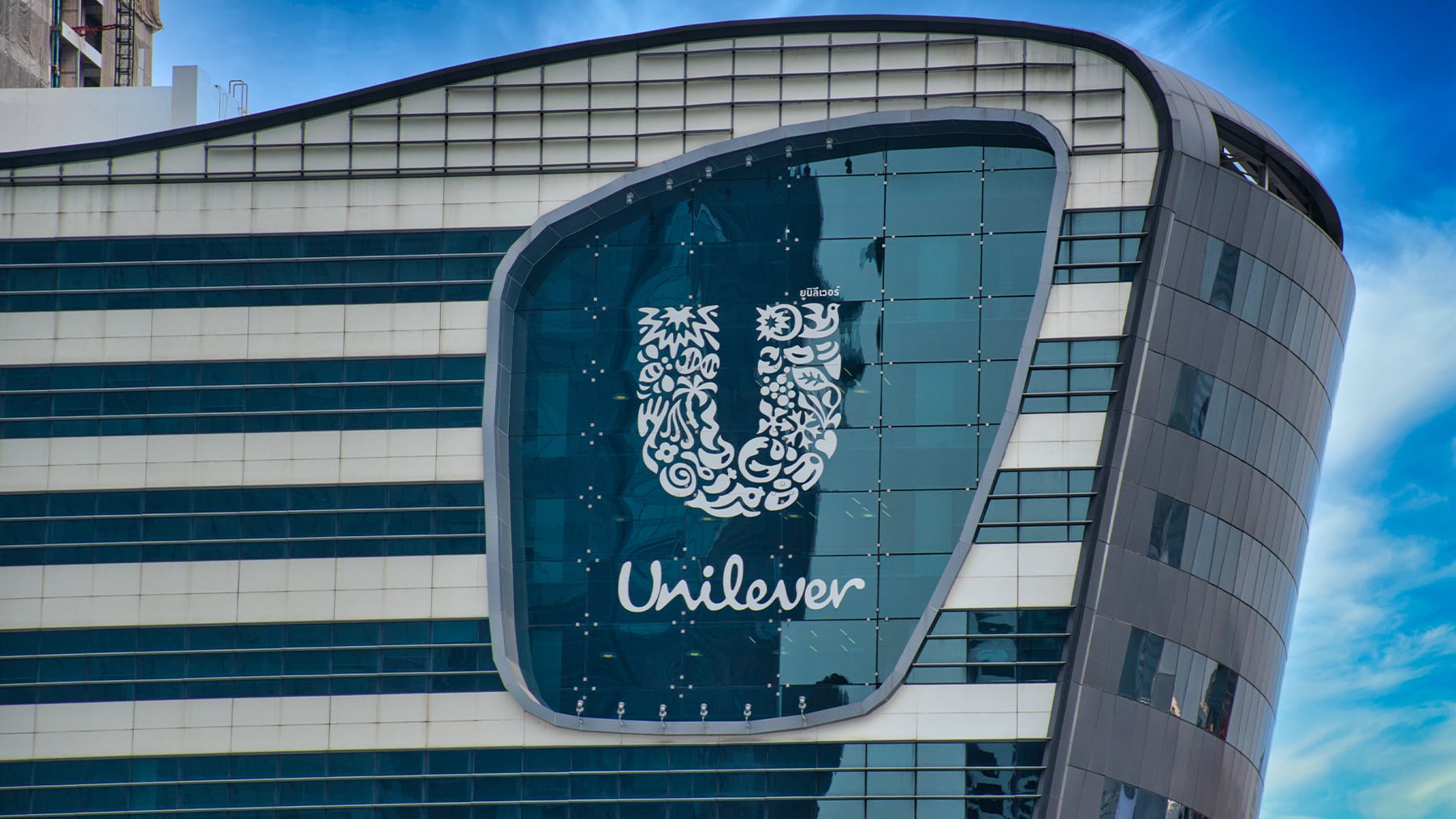
Unilever Plc sold more products like deodorant and mayonnaise for the first time in more than two years, as easing price inflation encouraged shoppers to buy more.
Revenue grew 4.7 percent in the final quarter of 2023, just ahead of analysts’ estimates. Volume growth returned for the first time since 2021 as Unilever aims to regain the market share it had lost in recent quarters. The stock rose as much as 3.9 percent in London, the biggest intraday gain in four months.
Unilever is the first of Europe’s big food companies to report earnings this month, and its results may signal that consumers are ready to purchase more products again with the worst of inflation over. Branded consumer goods companies had been growing sales through higher pricing, but were losing market share as some shoppers pulled back and switched to store brands. Chief Executive Officer Hein Schumacher is banking on a further turnaround to improve Unilever’s profitability.
“The biggest opportunity for value creation is to improve what we have,” Schumacher said on Bloomberg Television.
In October, the new CEO set out his plan to revitalise growth at the conglomerate, pledging to focus investment on its top 30 brands, which represent around three-quarters of revenue. Unilever is also trying to better measure brand appeal, boost innovation by launching new products while tweaking its portfolio with small acquisitions and divestments.
Schumacher has so far rejected calls for a breakup of the company, saying he will try to revive performance without more drastic measures. But the results again showed ice cream and other food products lagging behind personal care, beauty and home care — more ammunition for investors and analysts favouring a split. Ice cream was the slowest growing division with underlying sales rising a “disappointing” 2.3 percent last year and falling profitability.
The proportion of Unilever’s business winning market share was just 37 percent last year after shoppers switched to supermarket brands and Unilever trimmed down its range of products. Schumacher said that the company’s “competitiveness remains disappointing and overall performance needs to improve.”
That sentiment was echoed by analysts. RBC’s James Edwardes Jones said the increase in marketing spend as a proportion of sales in the second half was “encouraging, but competitiveness has yet to respond and we see little reason to get unduly excited.”
Schumacher confirmed top-line sales growth of between 3 percent and 5 percent with a modest margin expansion for 2024. Unilever increased its gross margin by 2 percentage points last year, following an acceleration in the second half, as raw material costs eased. The company said it will start a €1.5 billion ($1.6 billion) share buyback in the second quarter.
By Dasha Afanasieva
Learn more:
Unilever to Acquire K18 Haircare
Unilever beat out a host of bidders, including rival consumer goods conglomerates and private equity firms.


